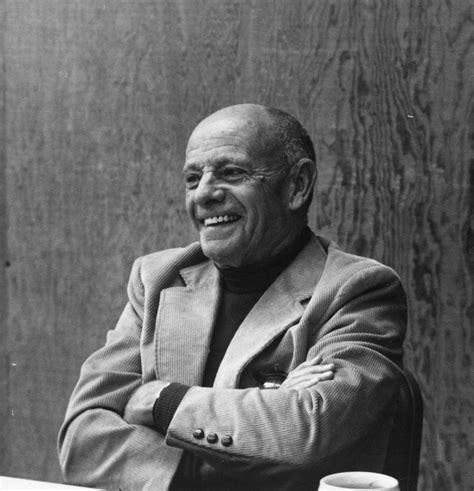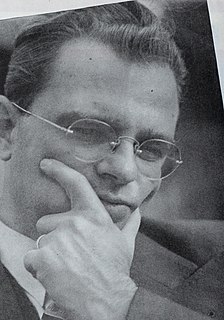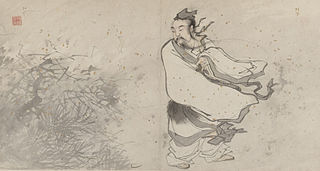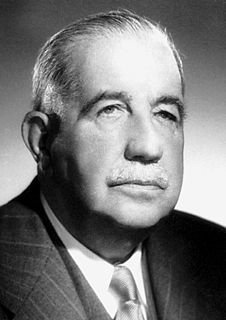A Quote by J. B. Jackson
The greater number of landscapes I explored, the more it seemed that they had traits in common and that the essence of each was not its uniqueness but its similarity to others.
Quote Topics
Related Quotes
He looked at her. She was pretty still, with thick hair and soft eyes, and she moved so gracefully that it almost seemed as though she were gliding. He'd seen beautiful women before, though, women who caught his eye, but to his mind, they usually lacked the traits he found most desirable. Traits like intelligence, confidence, strength of spirit, passion, traits that inspired others to greatness, traits he aspired to himself.
A love of neighbor manifests itself in the tolerance not only of opinions of others but, what is more important, of the essence and uniqueness of others, when we subscribe to that religious philosophy of life that insists that God has made each man and woman an individual sacred personality endowed with a specific temperament, created with differing needs, hungers, dreams. This is a variegated, pluralistic world where no two stars are the same and every snowflake has its own distinctive pattern. God apparently did not want a regimented world of sameness.
The thought of these vast stacks of books would drive him mad: the more he read, the less he seemed to know — the greater the number of the books he read, the greater the immense uncountable number of those which he could never read would seem to be…. The thought that other books were waiting for him tore at his heart forever.
When two plants, constantly different in one or several traits, are crossed, the traits they have in common are transmitted unchanged to the hybrids and their progeny, as numerous experiments have proven; a pair of differing traits, on the other hand, are united in the hybrid to form a new trait, which usually is subject to changes in the hybrids' progeny.
His books were part of him. Each year of his life, it seemed, his books became more and more a part of him. This room, thirty by twenty feet, and the walls of shelves filled with books, had for him the murmuring of many voices. In the books of Herodotus, Tacitus, Rabelais, Thomas Browne, John Milton, and scores of others, he had found men of face and voice more real to him than many a man he had met for a smoke and a talk.






































